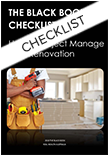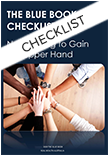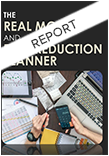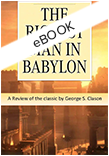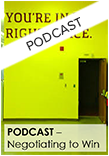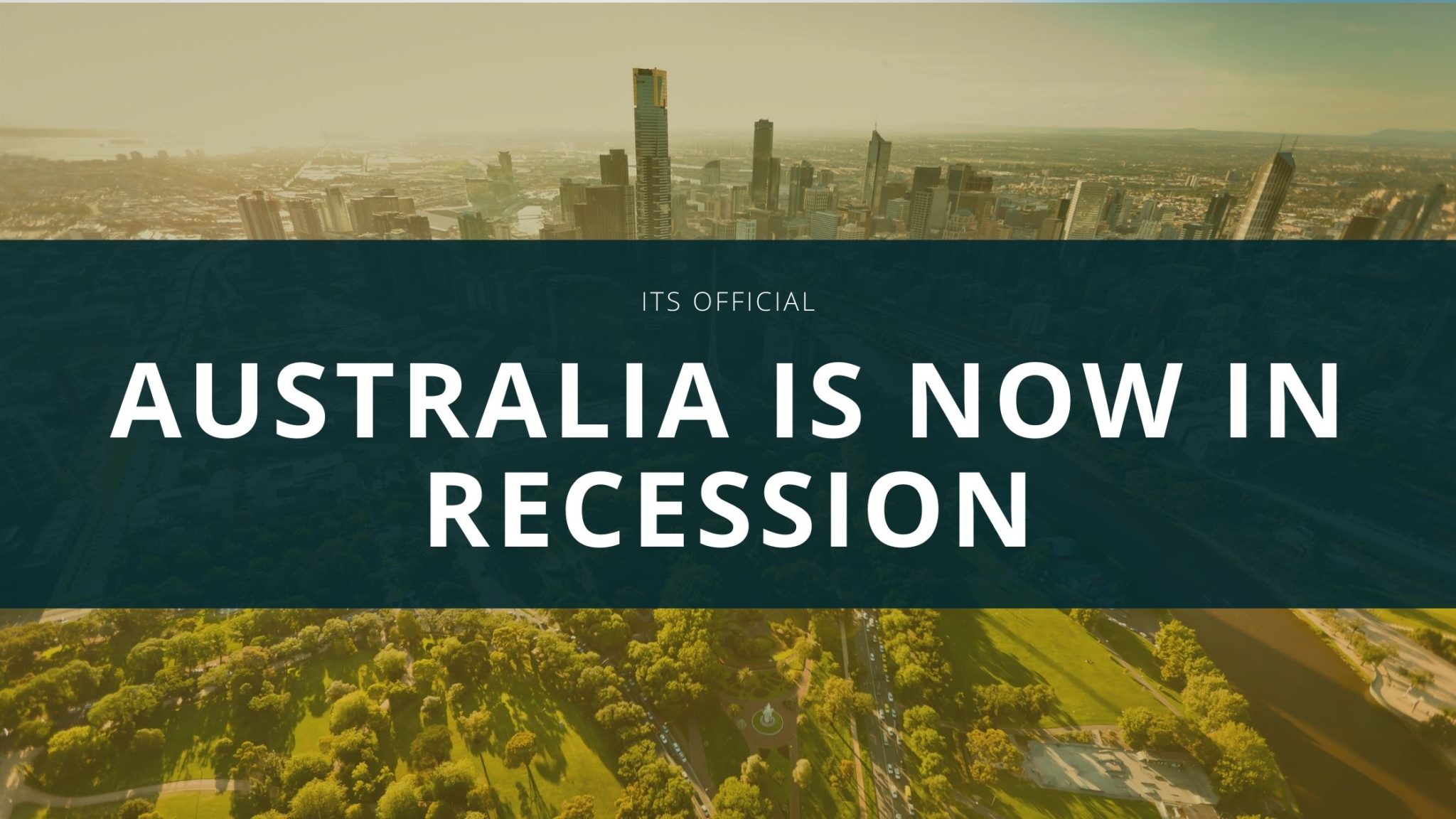
Helen Collier-Kogtevs
Budgets: Freedom vs 2 Min Noodles

The lifestyle we think we need to have to be happy causes a whole lot more poverty than a budget ever will.
For previous generations, living frugally was normal. Re-using, recycling and ‘making-do’ was nothing out of the ordinary. Jars of jam were scraped clean, nothing was wasted, fast food was unheard of. Produce was available only when it was in season.
Now, we think it’s progressive or trendy to reuse an olive jar to store our morning smoothie instead of buying a special BPA-free lidded cup!
Clearly, our grandparents had a very different mindset about living than we do.
Why budgeting is not optional
Budgeting is part and parcel of getting your act together and moving forward with your life. No matter how much money you earn, you need to budget. It’s the only way to save for your goals, keep your spending in check, and make sure you’re on your way to your happy retirement.
The problem people have with budgets is that they think they’re a great big killjoy. They think a budget means 2-minute noodles and never going out and wearing the same ripped jeans until they’re just threads hanging around your legs.
So I’m going to put on my cape and come to the budget’s defence! A budget does not mean a loss of freedom. In contrast, it means being able to enjoy life without guilt or worry, or most importantly, regret.
A brand new car now might impress the girl you like, but it won’t help you when you can’t afford a mortgage for a home, while your car quickly depreciates in value. A credit card loaded down with debt to buy a luxury lifestyle won’t make you happy. Trust me, I learnt that lesson the hard way!
You’ll need to budget if you plan to accomplish any of your goals for the future. If you want to find happiness in how you spend and save, then maybe you need a healthy paradigm shift about living a good life on less money.
I challenge you to change the way you think about spending and saving
There is plenty of freedom in knowing you are taking action now to set yourself up for later. Living frugally doesn’t mean missing out, it just means making sensible decisions about what you spend your money on.
Before all else, forget the Jones’s. If your best friend buys a handbag worth $250, don’t be envious. Look at your $20 bag and feel good that you’ve made a wise decision! Then think about all the smart ways you can use those dollars you saved.
Let’s look at some ways to rethink the way we see money.
- Rethink buying new.
There’s nothing wrong with purchasing second-hand, especially for items that depreciate, like cars and furniture. With sites like Gumtree and eBay at our fingertips, there’s no excuse for not checking out second-hand first.
- Rethink impulse buys
Foregoing that latte or new shirt will give you a feeling of satisfaction rather than feeling like you’ve missed out. See those dollars paying off that debt, or piling up in your emergency fund.
- Rethink ‘need’ vs ‘want’
A top tip for curbing spending is to wait 24 hours before buying, so you can consider whether you really need the item. You need to buy a car to get to work; you probably don’t need to buy that state-of-the-art robot vacuum when a broom will work just as well.
- Rethink extra ways to make money
Sometimes we just have to work a little harder to get ahead. If you have debt you need to pay off, maybe getting a weekend job for six months is just what you need to get that liability off your back. Selling things you don’t need anymore, like the dust-covered surfboard in your shed, can also be a quick way to make some extra cash.
Finding your happy medium
While I don’t advocate eating 2-minute noodles every night to save money, I do think there are plenty of ways to cut back and still enjoy life. Which leads us to the big questions: can you set a budget for yourself that allows you to find freedom in living frugally?
The best way to find your happy medium is to work out the elements of life that are most important to you, and make sure you factor those into your budget. Then find other ways to make up the deficit.
For example, if your Friday night drinks with colleagues are important, then allow for it in your budget with a reasonable amount that you can spend. Find another area to cut back on, like cancelling a magazine subscription or reviewing your insurances to find a better deal.
Set yourself up now, so you can enjoy later
When you’re ready to retire, you’ll be so thankful that you sacrificed a little now so you could live without financial burden later. Get back to basics, live simply, set goals and stick to your financial strategy for success. Then you’ll find a whole new meaning of freedom and happiness!
Til next time, happy investing!
Helen Collier-Kogtevs
Helen Collier-Kogtevs
Share this post
Become a successful Property Investor
